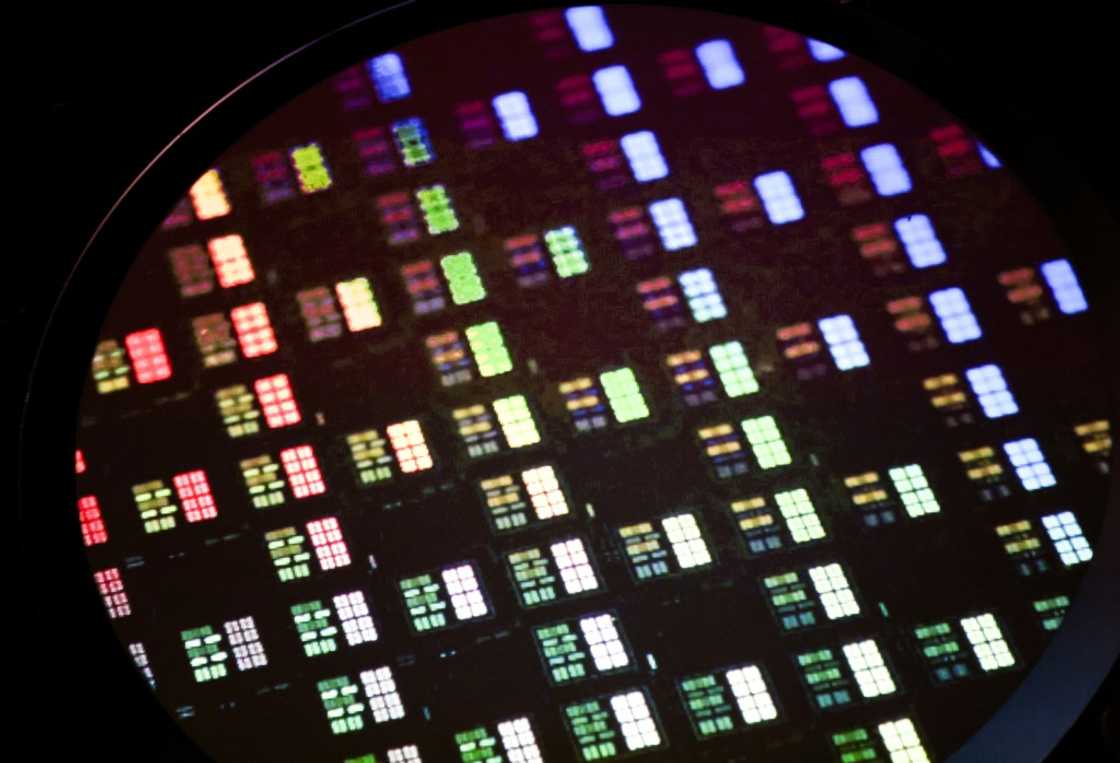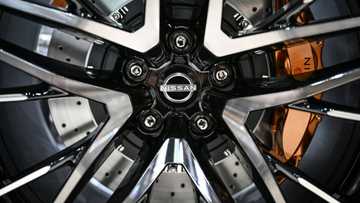US probes China chip industry on 'anticompetitive' concerns

Source: AFP
The United States said Monday it is opening an investigation into China's policies for its semiconductor industry, over concerns that Beijing is turning to "extensive anticompetitive and non-market means" to undermine other economies.
The probe centers on foundational semiconductors -- which go into everything from cars to medical devices -- and whether China's actions create burdens for US commerce, said the US Trade Representative's (USTR) office.
The fear is that Beijing's practices undermine "the competitiveness of American industry and workers, critical US supply chains, and US economic security," the USTR's office added.
"We have seen time and again, a pattern of harmful impact from nonmarket policies and practices across industries that the PRC has targeted for worldwide market dominance," said USTR Katherine Tai, referring to the People's Republic of China.
Previous instances included steel, aluminum, solar cells, electric vehicles and now, semiconductors, Tai told reporters on Sunday.
"This is enabling its companies to rapidly expand capacity and to offer artificially lower-priced chips that threaten to significantly harm and potentially eliminate fair, market-oriented competition," Tai added.
In a notice, USTR said China "nearly doubled its global share of foundational logic semiconductors production capacity" in just six years.
China's share is set to reach about half the world's capacity by 2029, based on announced new fabrication plants, and this expansion "is already discouraging investment by market-oriented actors," USTR added.
Commerce Secretary Gina Raimondo said an analysis of the US semiconductor supply chain found two-thirds of US products contain Chinese-made foundational chips.
"About half of companies didn't know whether they had Chinese chips in their products," she added.
In recent years, President Joe Biden has sought to shore up US chipmaking capabilities to reduce reliance on other countries.
The latest probe will initially focus on China's foundational semiconductors production, including the extent that these are used in other products like medical devices and vehicles.
The probe is also expected to consider whether Beijing's policies on inputs for semiconductor fabrication contribute to "burden or restriction on US commerce," the USTR's office said.
"This investigation is part of our broader strategy to strengthen the resilience of our supply chains and revitalize domestic manufacturing," said National Economic Advisor Lael Brainard.
The investigation falls under Section 301 of the Trade Act, the same tool used during President-elect Donald Trump's first administration to justify tariff hikes on Chinese products.
Officials will have a year to handle the investigation and decide on responses.
PAY ATTENTION: Сheck out news that is picked exactly for YOU ➡️ find the “Recommended for you” block on the home page and enjoy!
Source: AFP



